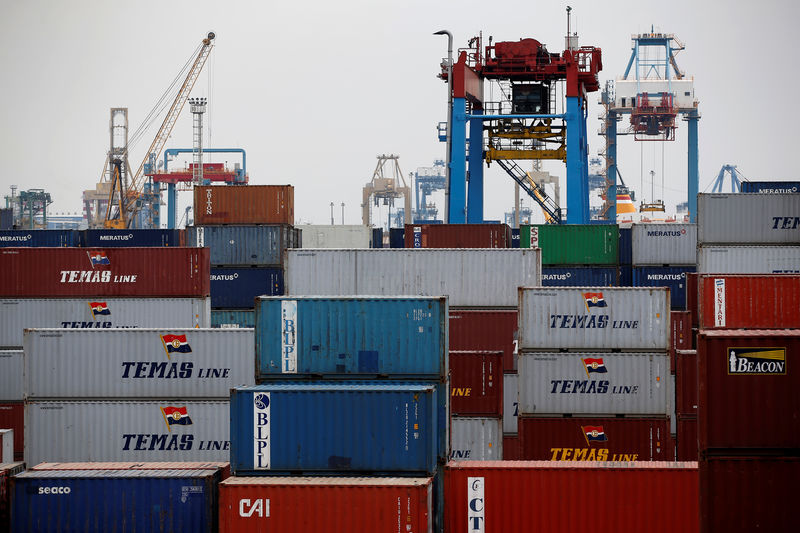By Nilufar Rizki and Maikel Jefriando
JAKARTA (Reuters) - Indonesia's gross domestic product grew more slowly than expected in the first quarter of this year, as investment dropped and prices of its main commodities softened, data from the statistics bureau showed on Monday.
Southeast Asia's largest economy expanded 5.07 percent in January-March from a year earlier, the slowest pace in a year. A Reuters poll had expected growth of 5.18 percent, in line with fourth quarter expansion.
The statistics bureau attributed the weaker growth to soft investment, while household consumption, which represents more than half of the economy, also lost momentum and slowed slightly.
Analysts in the poll had expected spending related to presidential and parliamentary elections held in the country to cushion the weaker performance of investment and exports.
Indonesia's rupiah and benchmark stock index showed little reaction to the data, but had slipped ahead of the release on concerns over a fresh deterioration in the U.S.-China trade dispute.
Despite missing expectation, Masyita Crystallin, an economist with DBS, described the data as "pretty good considering pressure from external factors", noting other world economies were also growing more slowly.
Crystallin expects Bank Indonesia (BI) to resist cutting interest rates for now, at least until it sees a narrowing of Indonesia's current account deficit.
"There is room to cut, but I think BI will consider the strong pressures on the trade balance and the rupiah," she said.
Fakhrul Fulvian, an economist at Trimegah Securities in Jakarta, said with economic and investment growth slowing, the current account deficit should shrink this year.
BI last year raised its key interest rate six times by 175 basis points to defend the rupiah, making it one of Asia's most aggressive central banks amid growing pressure from U.S. interest rate hikes and a ballooning current account gap.
Some analysts have argued BI has room to unwind these hikes to support economic growth this year, as the United States turns more dovish with its monetary policy and Indonesia's inflation stays near the lower end of BI's target range.
In January-March, annual investment growth slowed to 5 percent, from 6 percent in the previous three months.
On the trade front, net exports supported GDP growth in the first quarter, as imports fell faster than exports.
The official government growth target for 2019 is 5.3 percent, while the central bank has forecast a range of 5.0-5.4 percent.

(The story corrects name spelling of economist in paragraph 6)